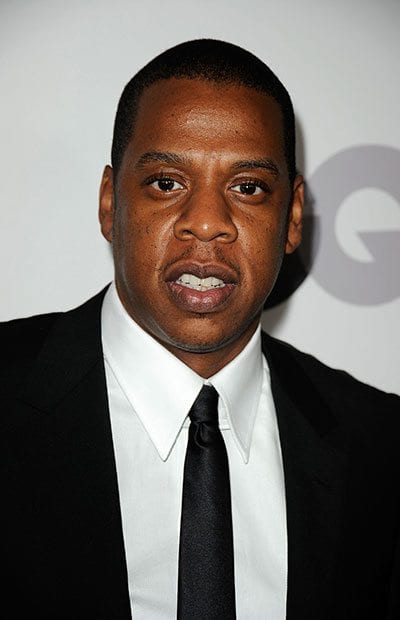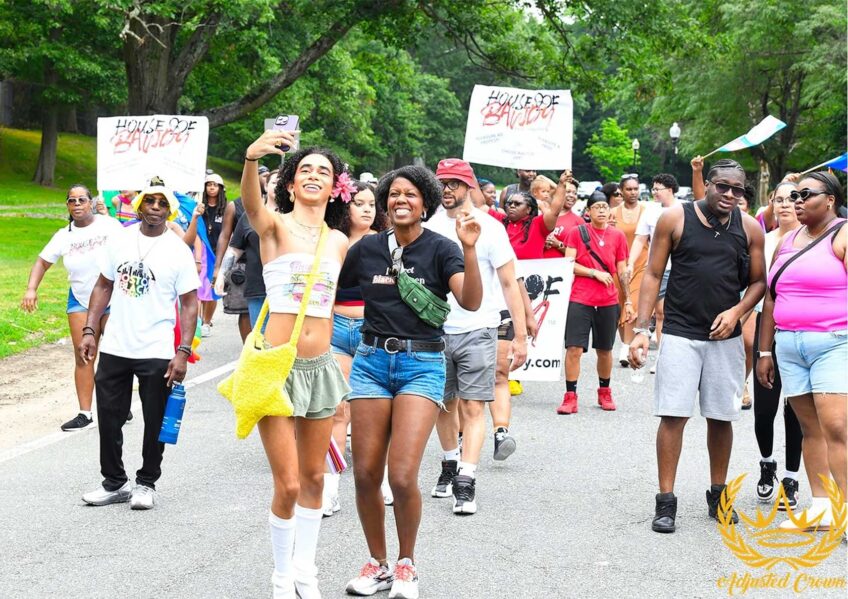

Hip-hop mogul Shawn Carter, aka “Jay Z,” and legendary singer and human-rights activist Harry Belafonte have recently been embroiled in a highly publicized dispute over the responsibilities of black icons to the larger African American community.
Belafonte, who has effortlessly wedded a successful international career as a singer, dancer and actor with vocal and important support for civil rights, anti-apartheid and human activism, chastised Jay Z for “turning his back on social responsibility” and included the rapper’s wife, Beyoncé, in his public indictment.
Jay Z responded by proclaiming that he felt insulted by Belafonte’s remarks and defended himself by characterizing his “presence” as “charity” ennobling the black community. Many commentators expressed outrage at Jay Z’s seeming arrogance and proceeded to list the myriad ways that Carter could never — and would never — live up to Belafonte’s high standard of social engagement and civic activism promoting racial and economic justice.
Although inelegantly expressed, Jay Z’s position that his presence, along with that of President Obama, provides resources for the black community deserves closer examination. Insofar as Obama’s watershed presence in American culture promoted a renaissance of interest in race and African American history in politics, cable news, publishing and universities throughout the nation, Jay Z’s point is well-made.
Similarly, Shawn Carter’s own burgeoning iconography has helped make hip-hop into a global phenomenon and inspired countless black entrepreneurs and artists to follow his example. In many respects, Michael Jordan innovated the model of the apolitical black superstar that subsequent generations in sports and entertainment have adopted.
Belafonte has every right, of course, to criticize such a perspective, especially since it flies in the face of the ethos of collective and group empowerment upon which the Civil Rights and Black Power eras were built.
Jay Z’s acknowledgement that he spent two sleepless nights in the aftermath of the George Zimmerman verdict included an admission that America still has residues of past racial discrimination. Beyond this fleeting recognition however, racism appears as a ghost from the nation’s dark past, a shadowy apparition that is not easily recognizable and is almost impossible to fight.

This narrative views racism as more of an antiquated series of individual prejudices, pernicious stereotypes and ancient wrongs committed lifetimes ago than a systematic and institutional phenomenon that persists in every facet of American life.
When Jay Z points to hip-hop’s multicultural audience as providing not just a balm for past racial discrimination but, in fact, a cure, he means it. The shared experiences of a multicultural hip-hop generation represent the culmination of the Civil Rights Movement’s search for transcendent racial justice.
Although this ignores the most important aspect of contemporary racism — unequal outcomes — it’s a comforting myth that has been propagated by our “post-racial” moment.
Jay Z sees his own wealth and status, along with the election of Barack Obama, as examples of racism’s decline. In other words, he mistakes individual achievement for collective advancement.
While Jay Z’s individual entrepreneurial spirit, musical genius and discipline facilitated his escape from Brooklyn, N.Y.’s Marcy Projects, he doesn’t see the value in committing his time, resources and talent in political causes that might help those left behind in America’s countless urban and rural ghettoes.
Belafonte’s generation grew up believing that the ascendance of black faces in higher places carried less weight and meaning if the entire community could not be uplifted as well.
Jay Z’s characterization of Obama’s global visibility offers a contrasting perspective: “Whether he does anything, the hope that he provides for a nation, and outside of America, is enough.”
What this sentiment ignores is the vital connection between individual achievement and collective action that animated black freedom struggles. As a 43-year-old black New Yorker, this makes Shawn Carter an outlier from his own generation, which came of age amid bruising protests for racial justice in the 1980s, an atmosphere that produced a local activist named Al Sharpton and the national presidential campaigns of Jesse Jackson.
However, much has changed in the post civil rights era. Whereas a generation of famous black athletes (Muhammad Ali, Bill Russell, Jim Brown) and entertainers (Sam Cooke, Nina Simone, Marvin Gaye) used their prodigious talents to call attention to racism and Jim Crow, their 21st-century counterparts are loath to risk their current and future earning power on anything that smacks of controversy.
Trayvon Martin’s stunning death, and the subsequent Zimmerman trial, interrupted this status quo, drawing a diverse range of support from LeBron James, Jay Z and Beyoncé, who rightfully compared Trayvon’s death to Emmett Till’s.
Belafonte is understandably frustrated, disappointed and angry at this current crop of high-profile entertainers’ unwillingness to risk more for the black community. Yet his public criticism of Jay Z, however justified in his mind, brings us no closer to the generational rapprochement that is required to pass the baton from the Civil Rights generation to the iPhone generation.
Young people, whether Jay Z’s generation or millennials, want a dialogue, not a monologue. They enjoy conversation, not being lectured to.
If Belafonte ever does get that sit-down with Jay and Bey, hopefully he can start by praising their enormous collective talent and accomplishments, while noting that, at least in his era, their counterparts achieved even greater heights by joining in a movement for human rights and racial justice that tried nothing less than to redeem America’s soul.
Peniel E. Joseph is founding director of the Center for the Study of Race and Democracy and a professor of history at Tufts University.






